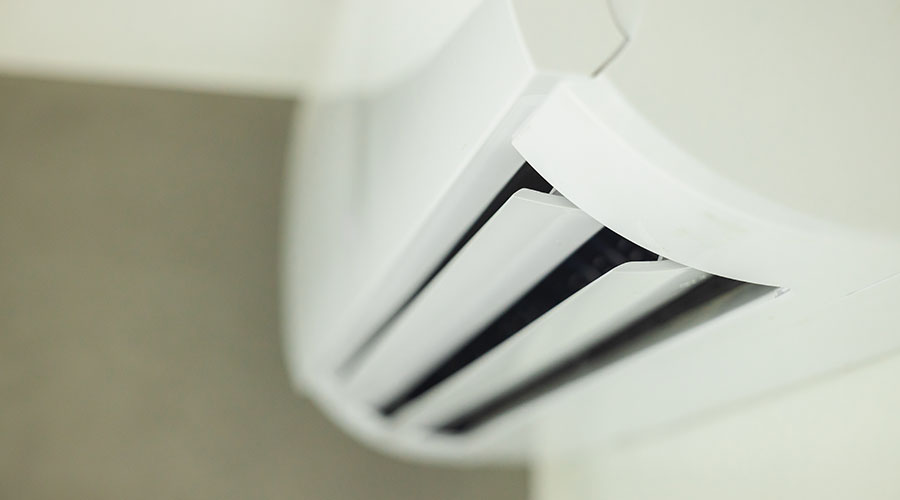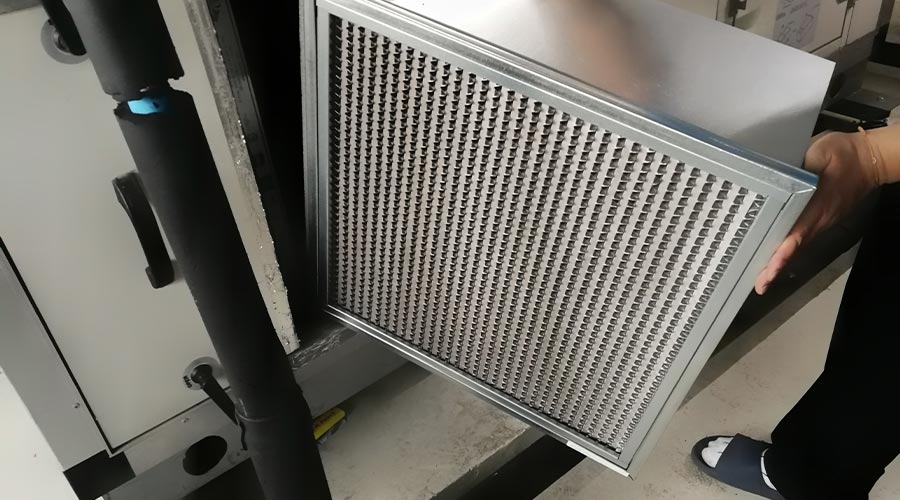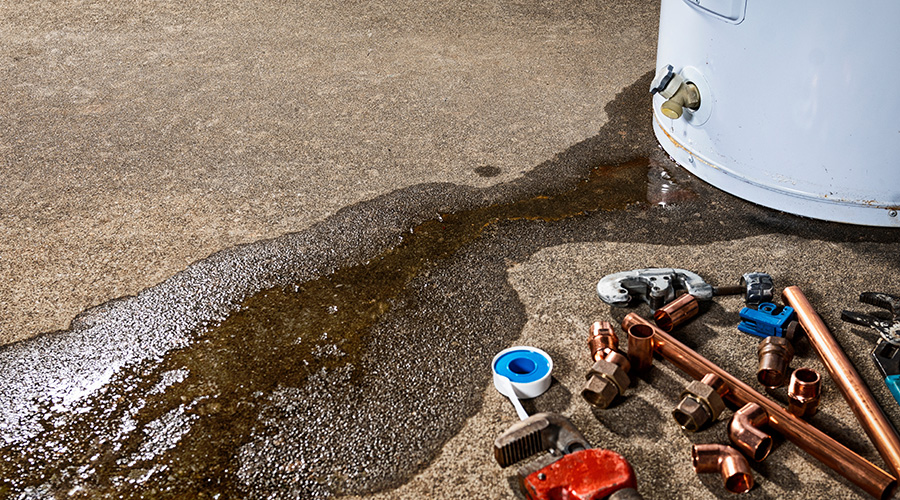Boiler Maintenance Key to HVAC Savings
As with chillers, heat-transfer surfaces in boilers must remain clean to maintain the system's energy efficiency. Regular inspections and scheduled cleanings, coupled with a water-treatment program, are critical steps in keeping units operating safely and efficiently.
Another maintenance task operators must perform regularly is adjusting combustion controls. All boilers use excess air in order to have complete combustion of the fuel, but too much air results in increased stack losses. The frequency at which operators adjust the controls depends on the application and the size of the boiler.
Boiler maintenance activities also should extend to the distribution systems they supply. It makes no sense to generate steam or hot water efficiently, only to lose it to an inefficient distribution system. Technicians should inspect systems regularly for leaks, damaged insulation, failed steam traps, and other deficiencies.
Spotlight On BAS
The energy and operating benefits of building automation systems (BAS) are well understood. What is not well understood is that these systems, like all other building systems, require periodic maintenance to ensure they perform as intended. One of the most important maintenance tasks is confirming the system actually operates as intended.
When technicians are in a hurry to solve a problem or do not understand BAS operations, they disconnect actuators, override valve positioners, and take other actions that defeat its efficient operation. The problem is that the temporary solutions never show up on the system monitors and become permanent. The BAS thinks it is doing exactly what it is programmed to do when, in fact, it is not.
Similarly, sensors can go out of calibration. Wear and tear takes its toll on system components, from temperature sensors to valves and actuators. A BAS is not an install-and-forget system. If technicians want to maximize system potential, they must confirm periodically that the information the BAS gathers is correct and accurate and that all functions programmed by the system are carried out as intended.
While retrocommissioning is the most thorough means of accomplishing this goals, periodic spot checks of field conditions compared to system readouts, as well as the observed operation of control devices, will indicate the state of the system.
Maintenance is not glamorous. It does not get mentioned in company press releases the same way that energy-conservation projects do, but if an organization is serious about reducing energy use, effective system maintenance is the place to start. Comprehensive maintenance programs, particularly those that address energy by HVAC systems, provide a rate of return that typical energy conservation projects cannot touch, all while improving system reliability.
James Piper, P.E., is a national consultant based in Bowie, Md., with more than 25 years of experience with facilities engineering, maintenance, and management issues.
Related Topics:













